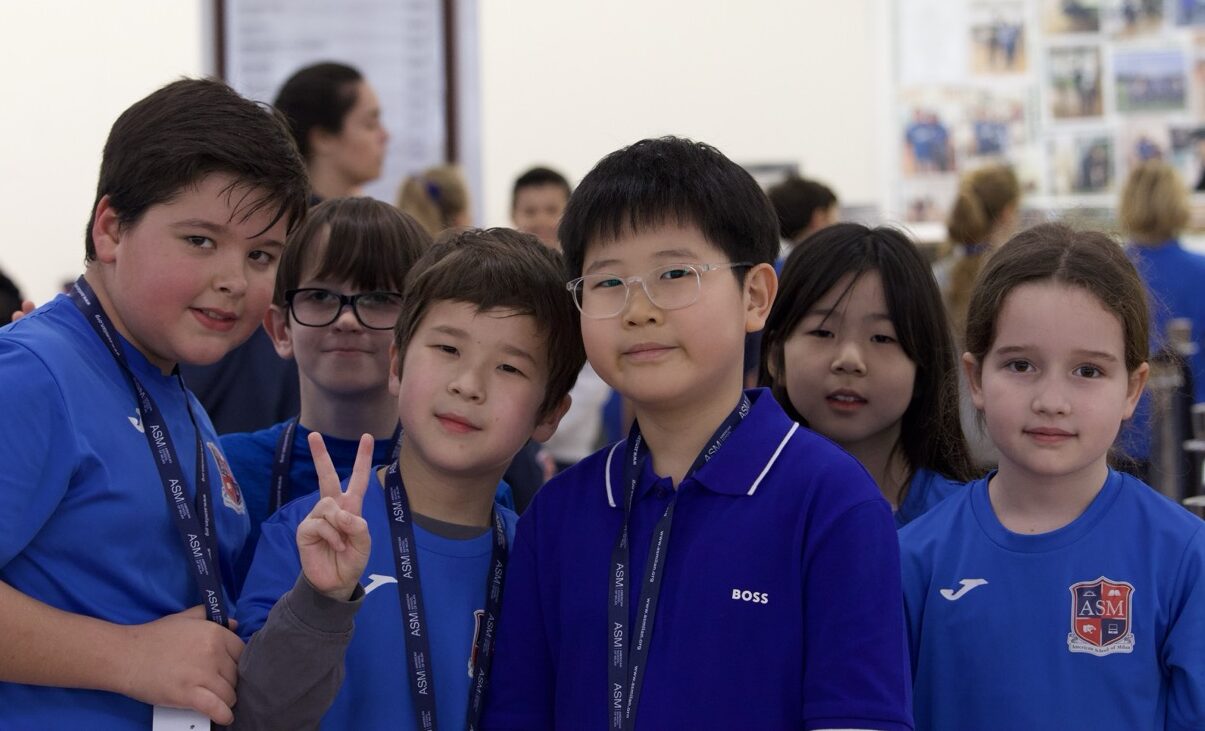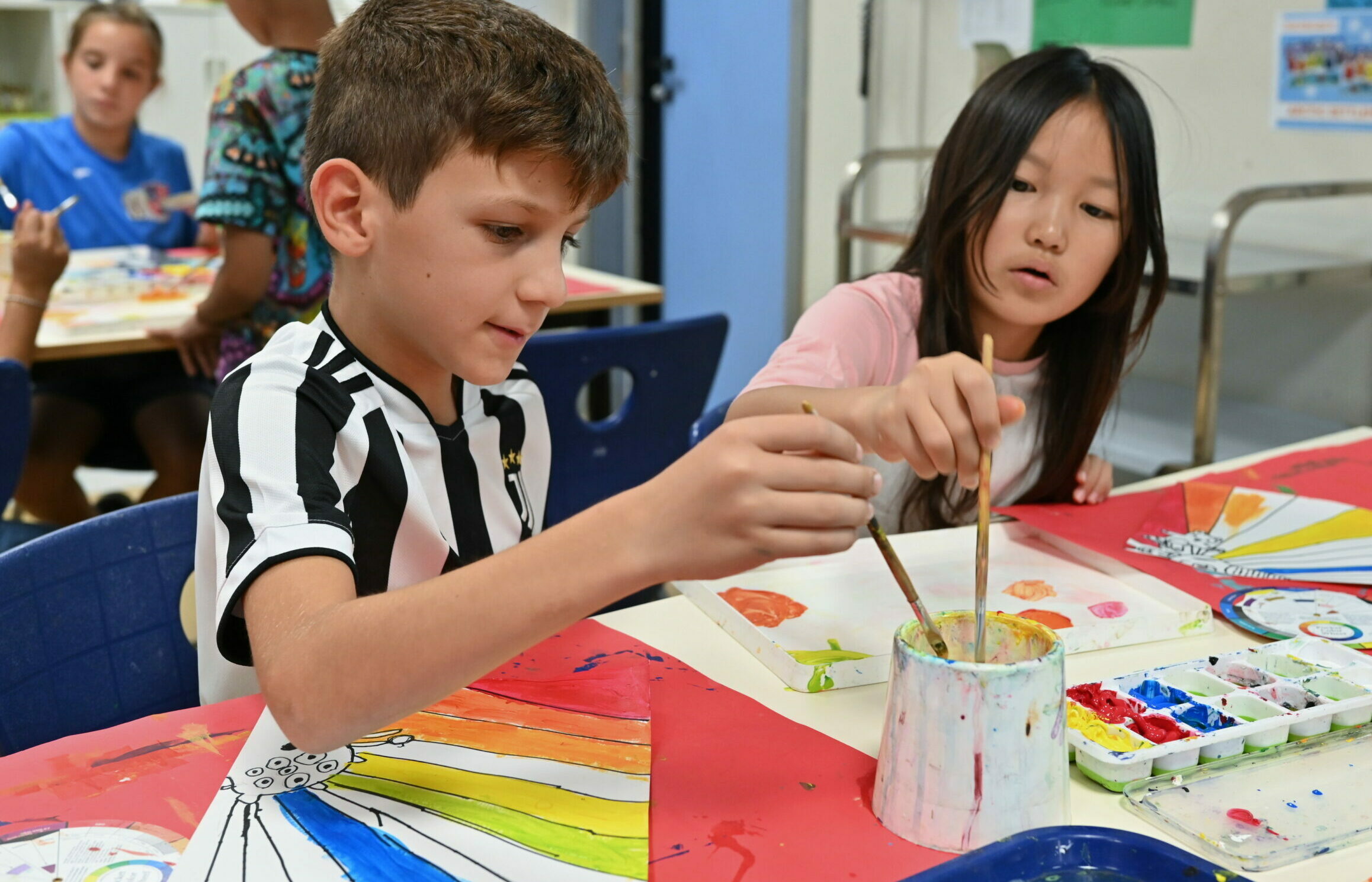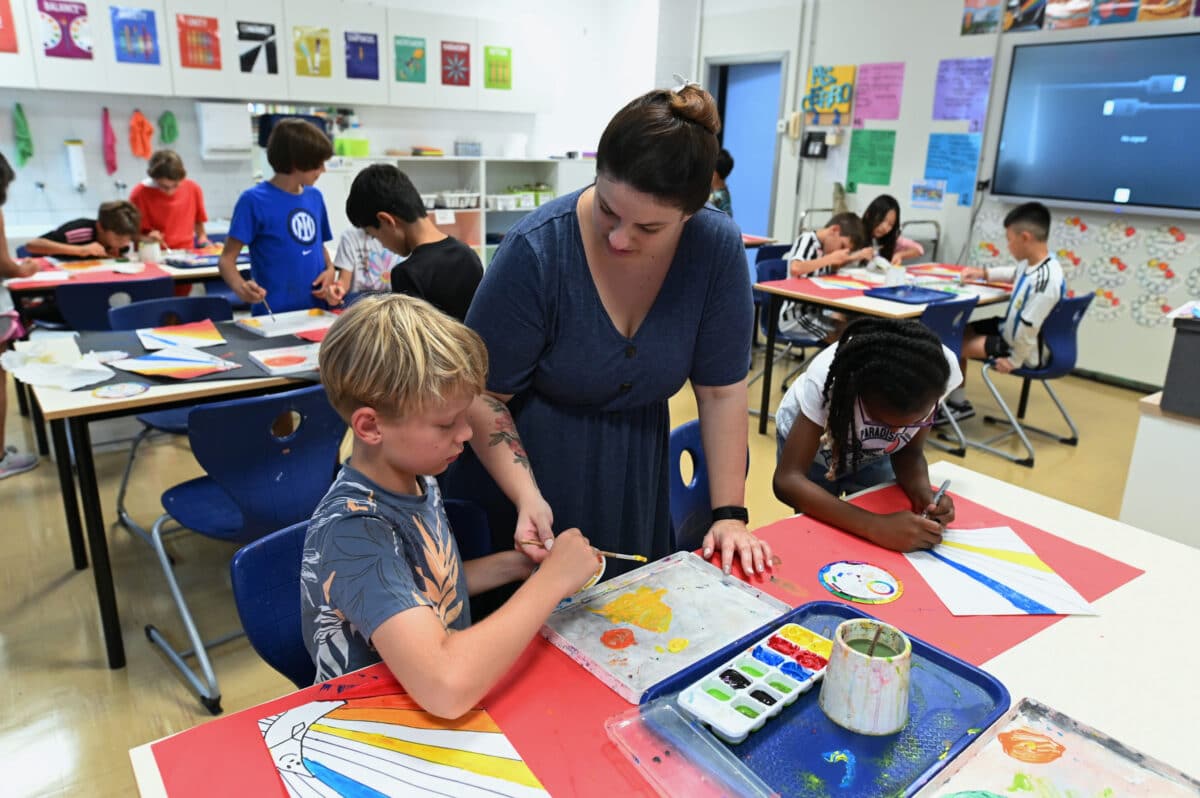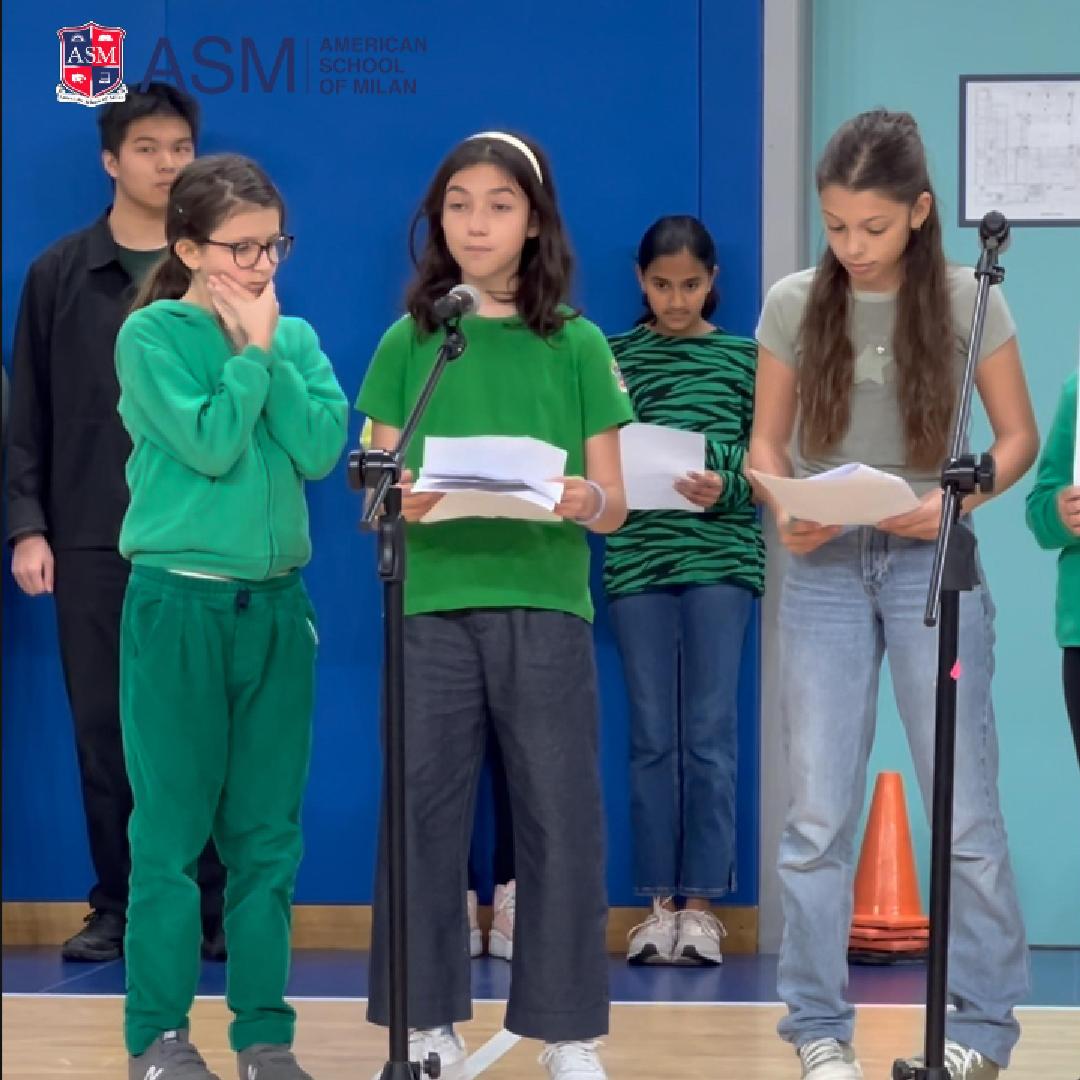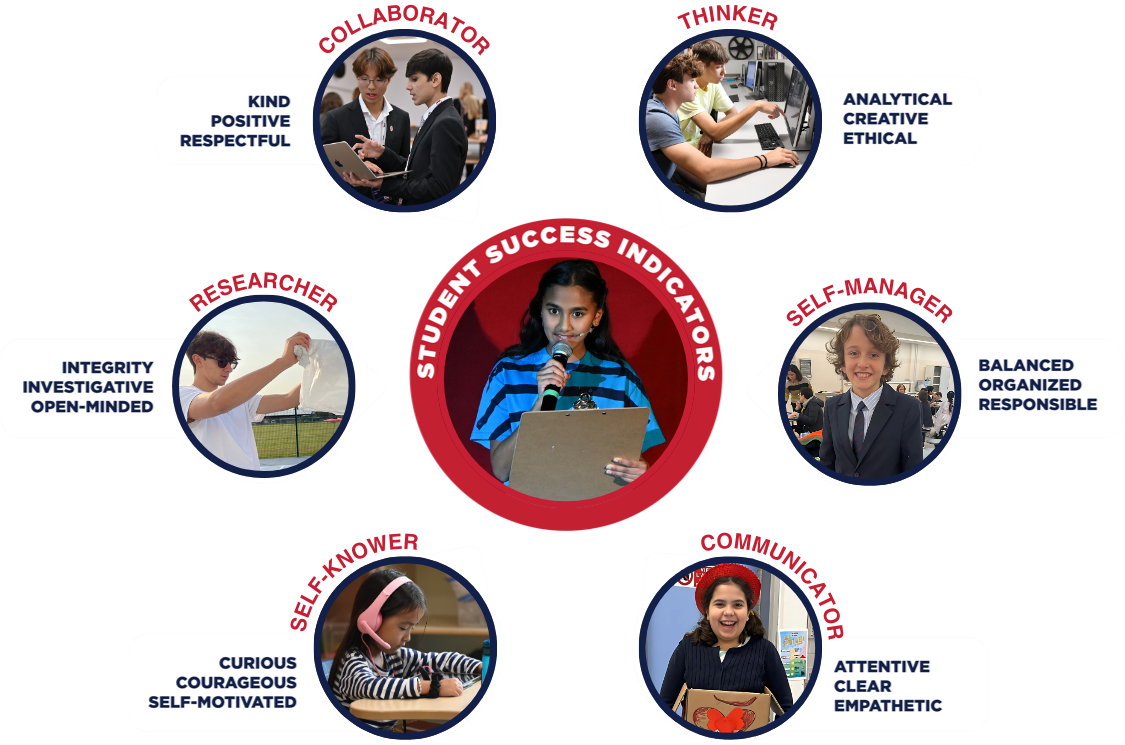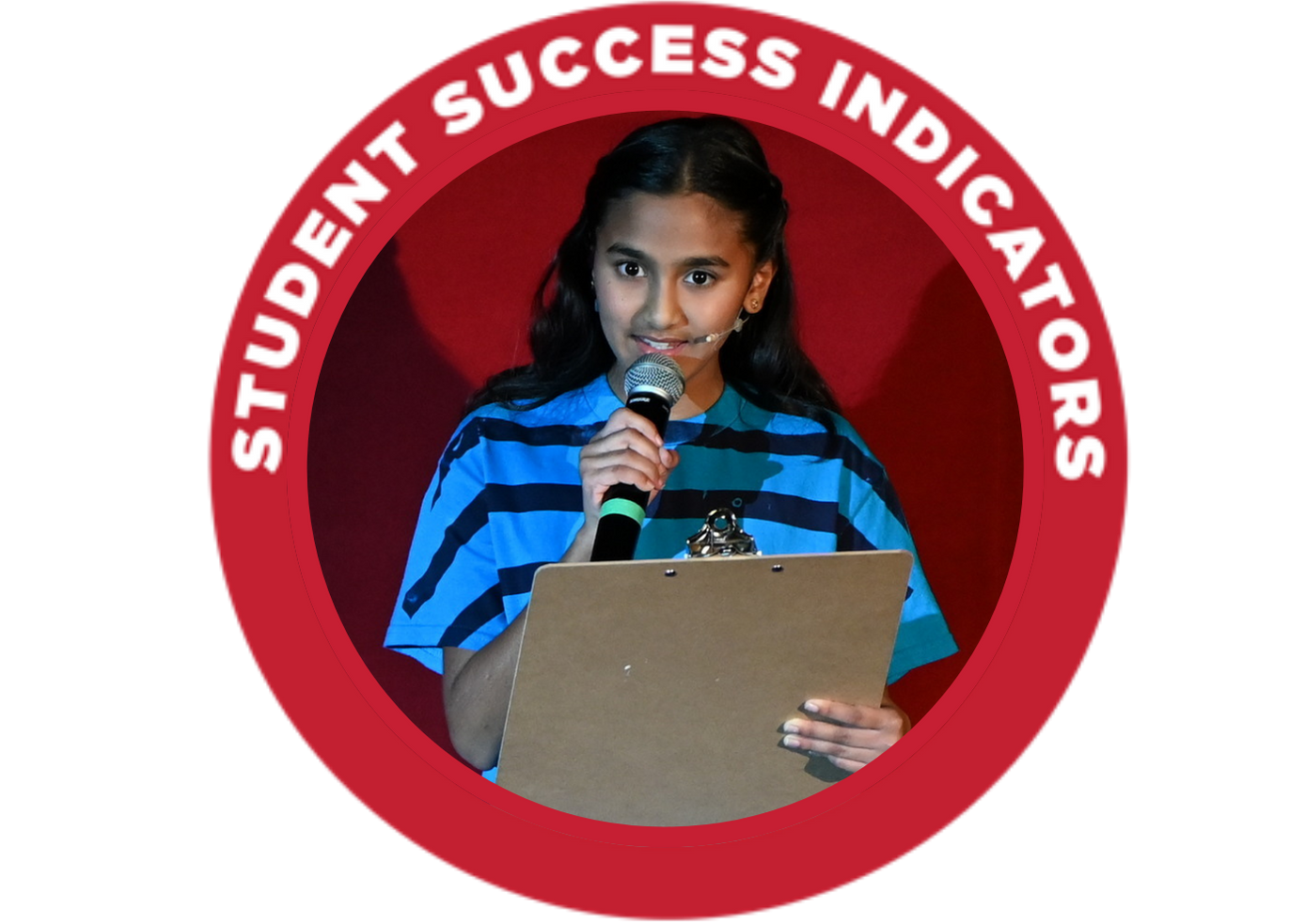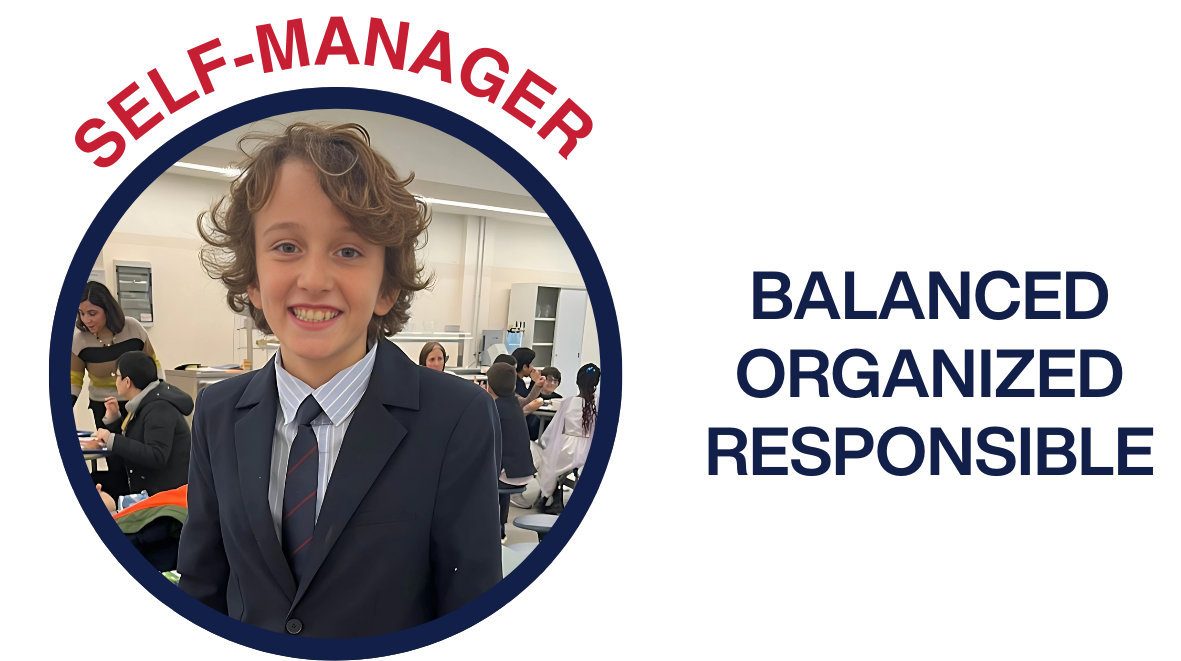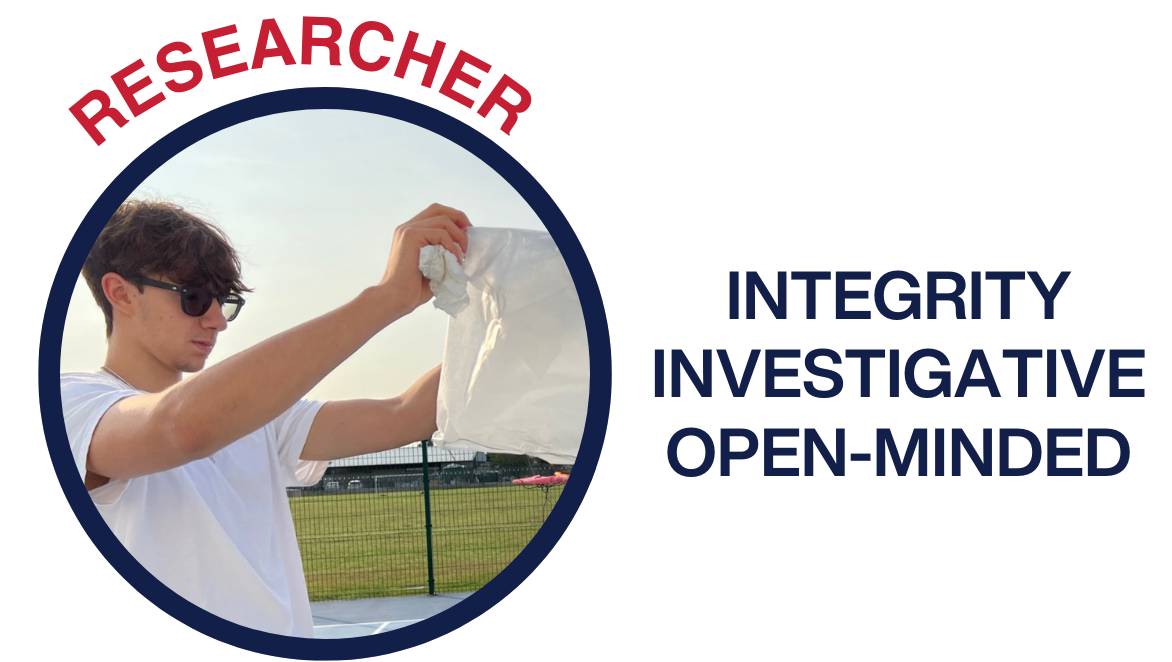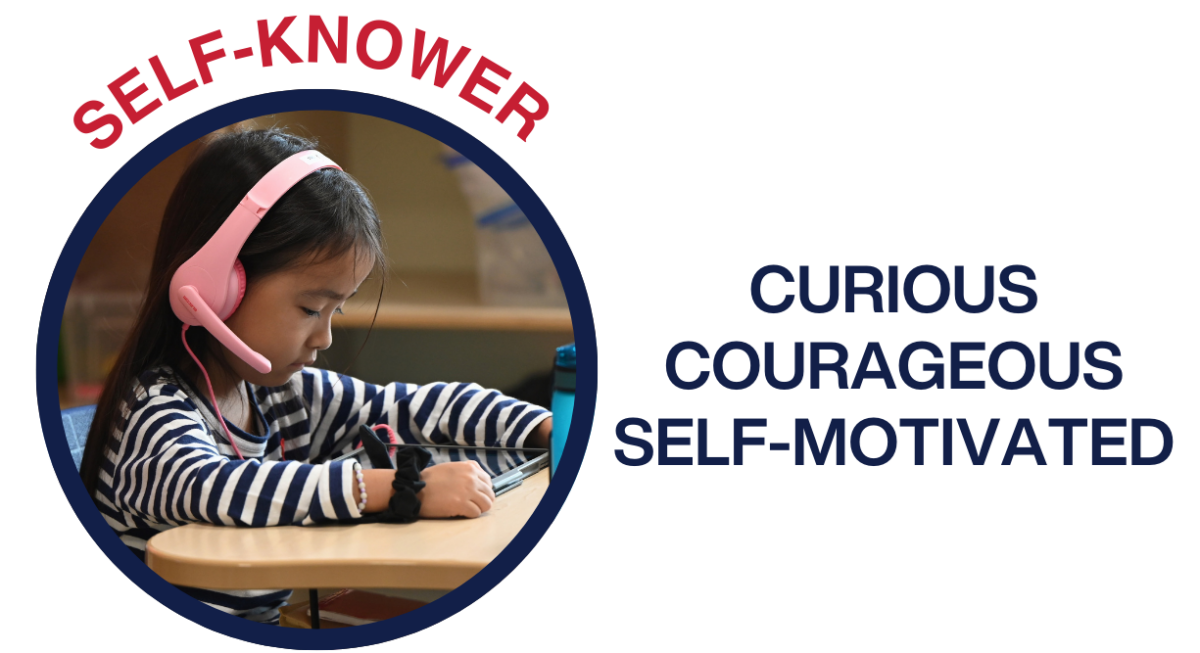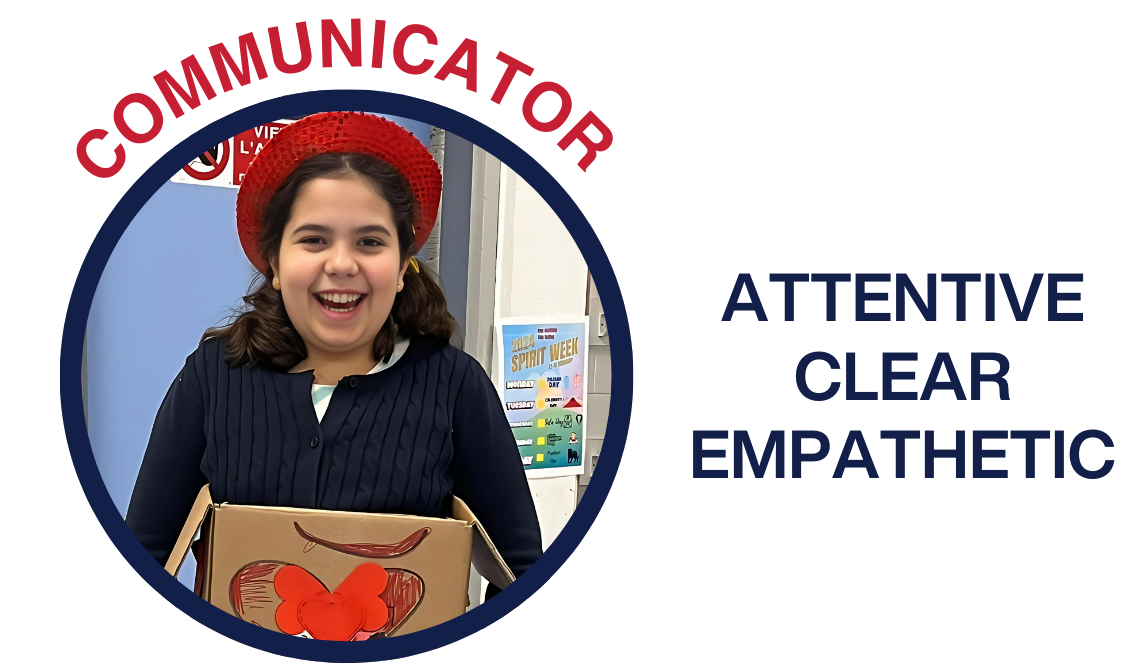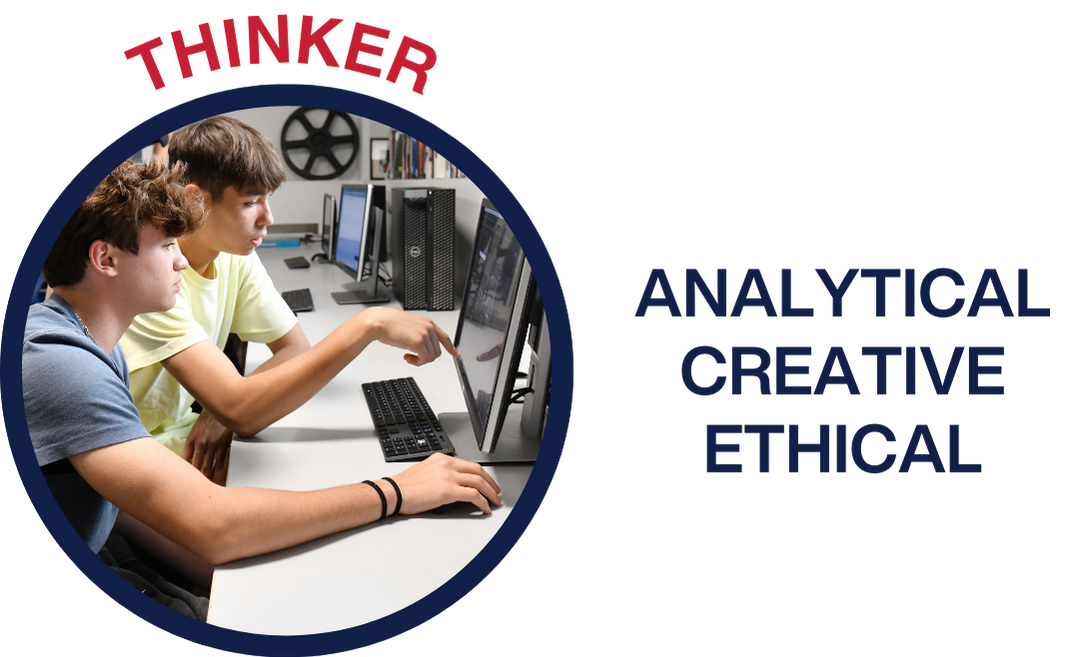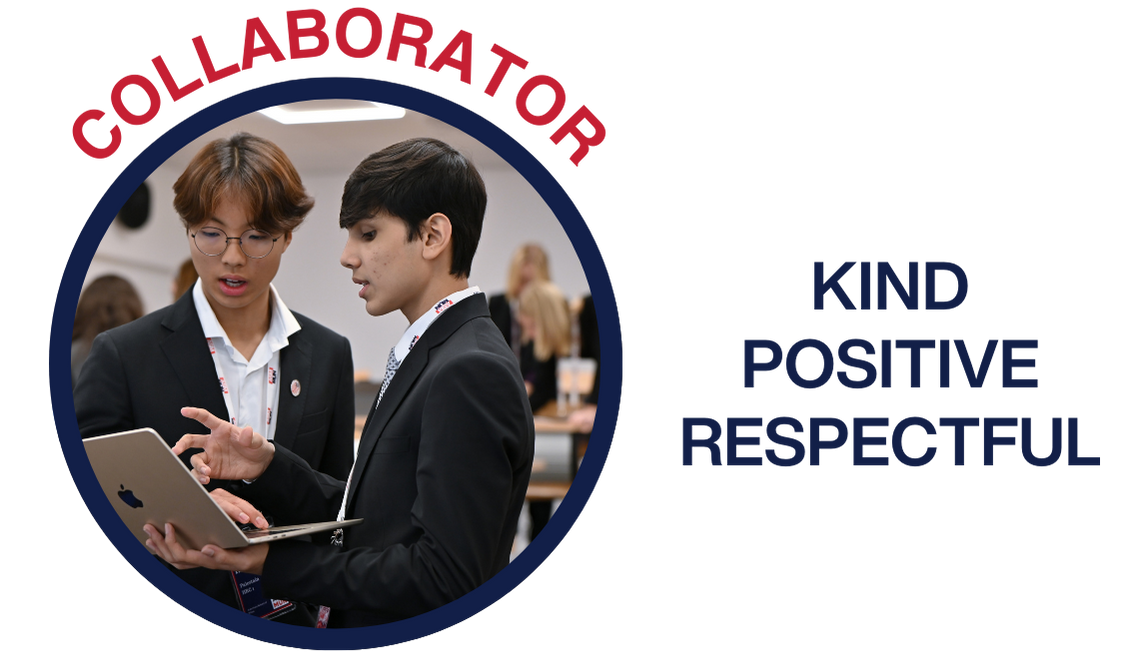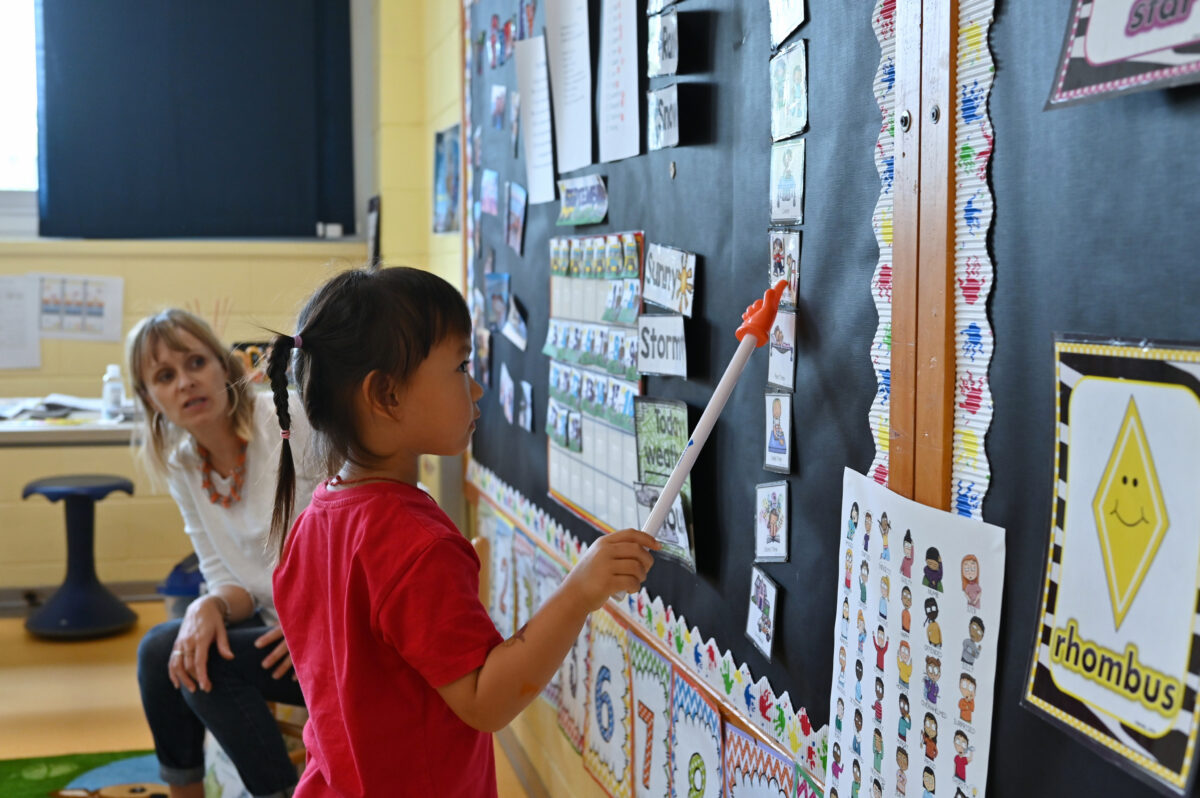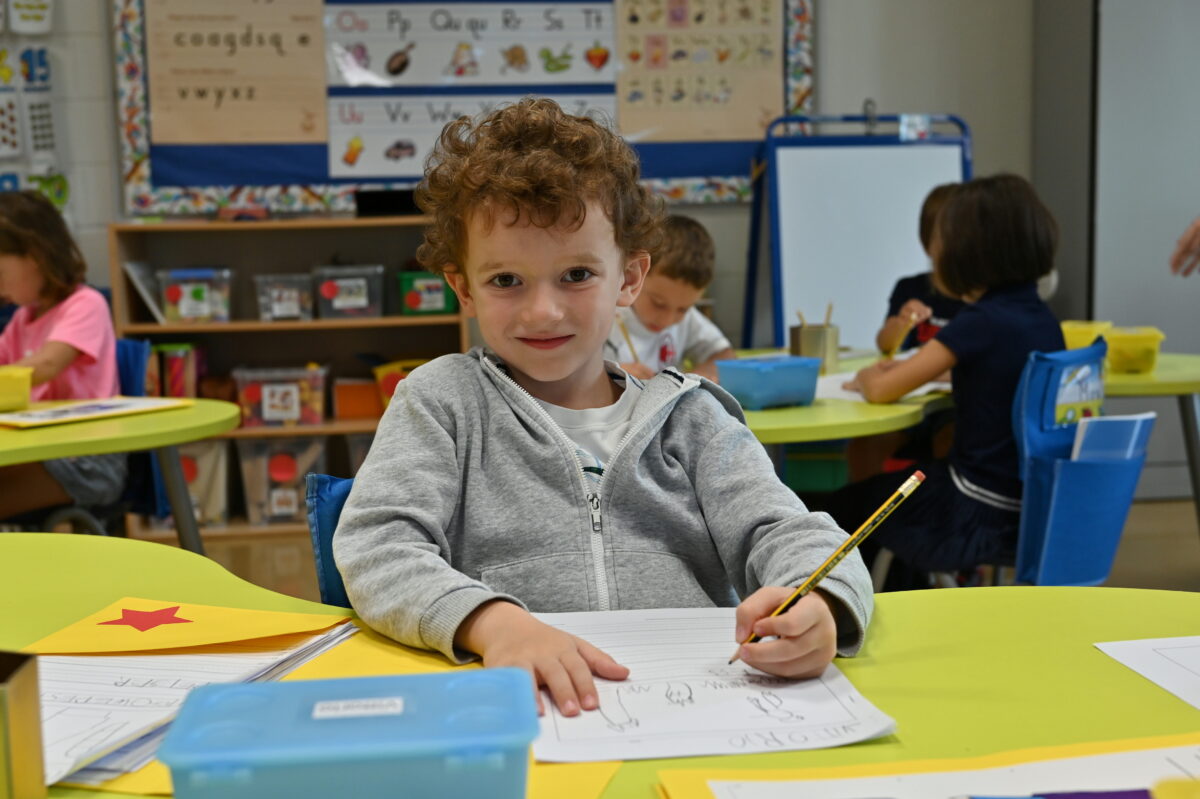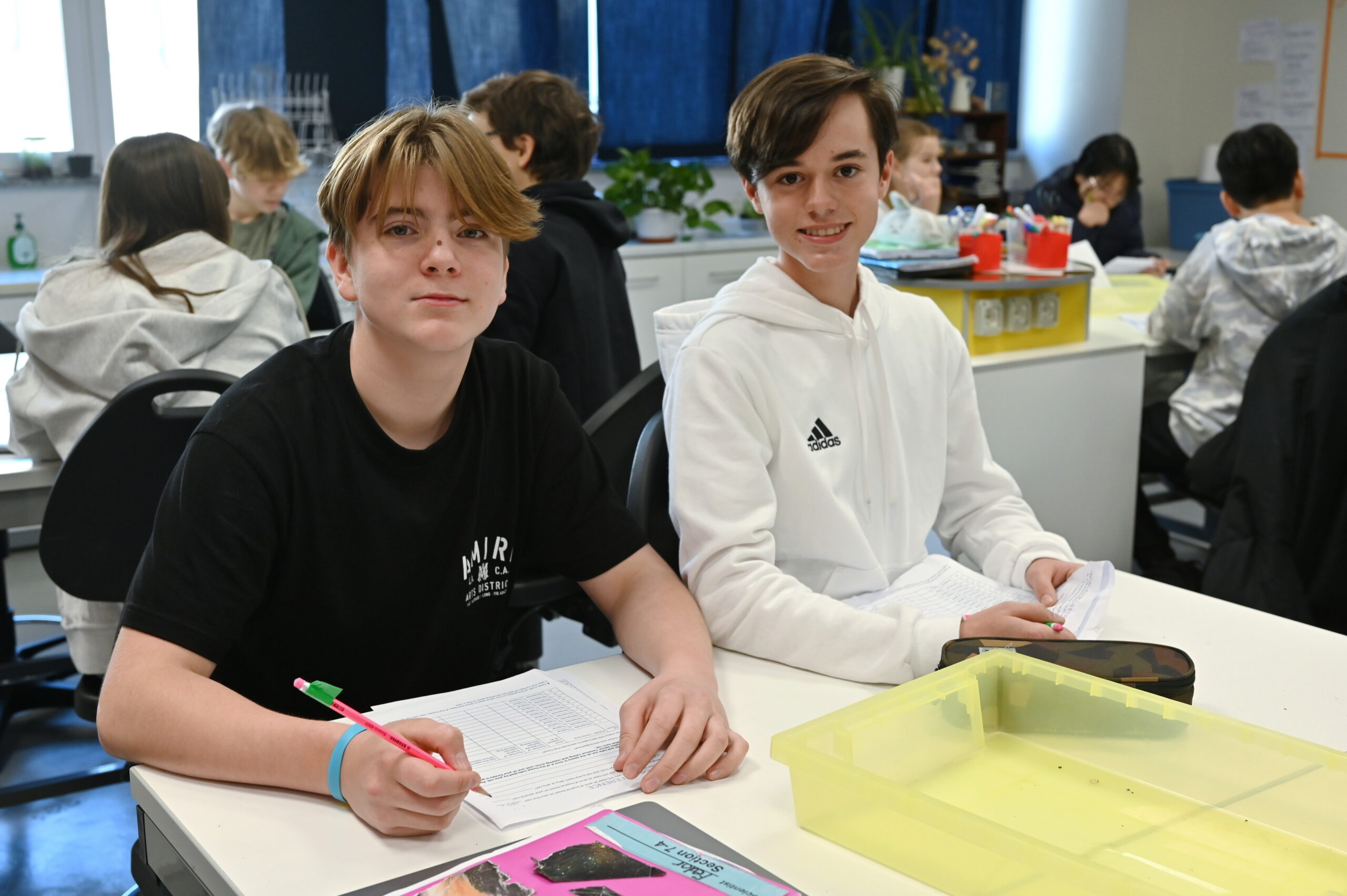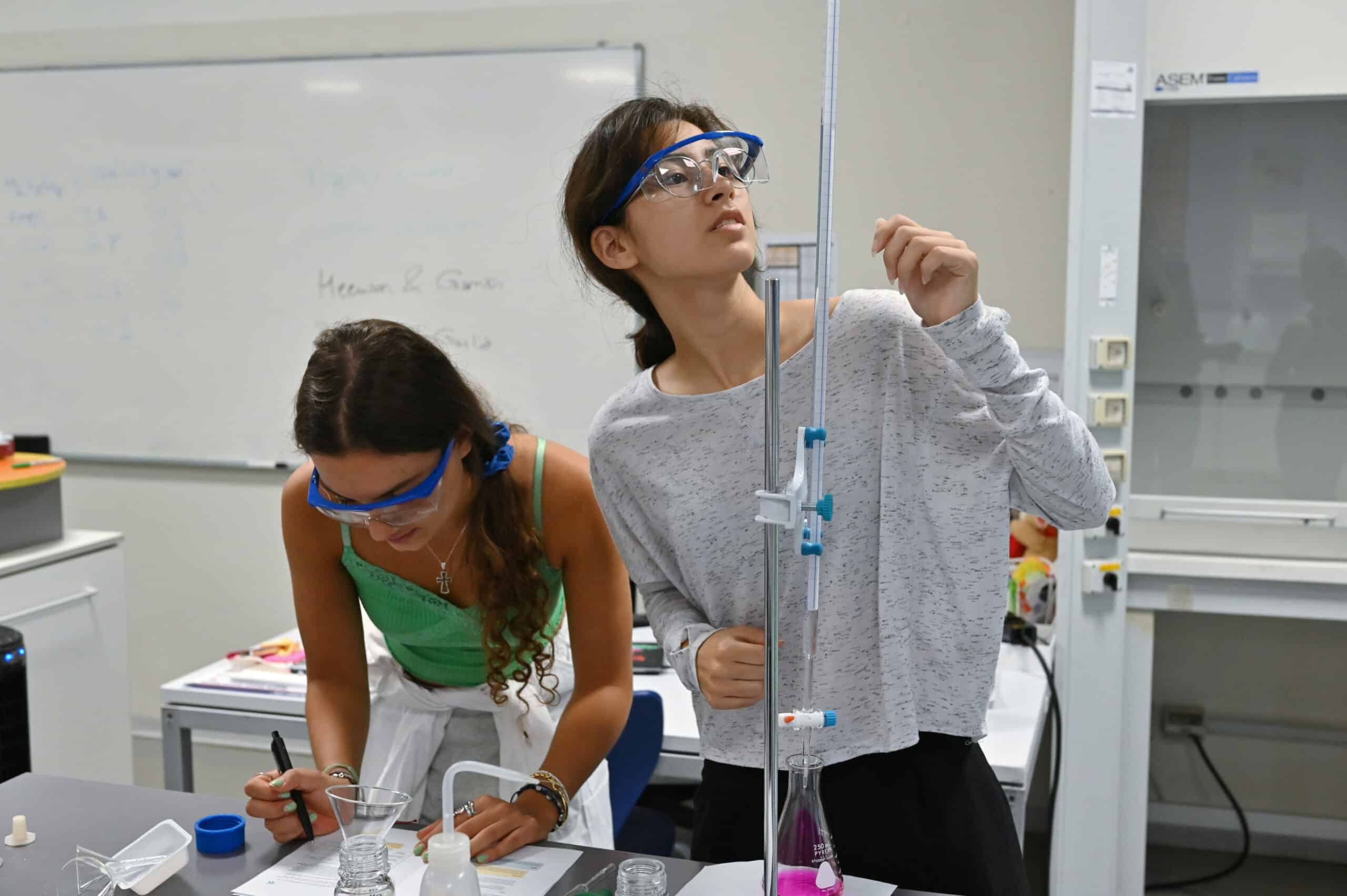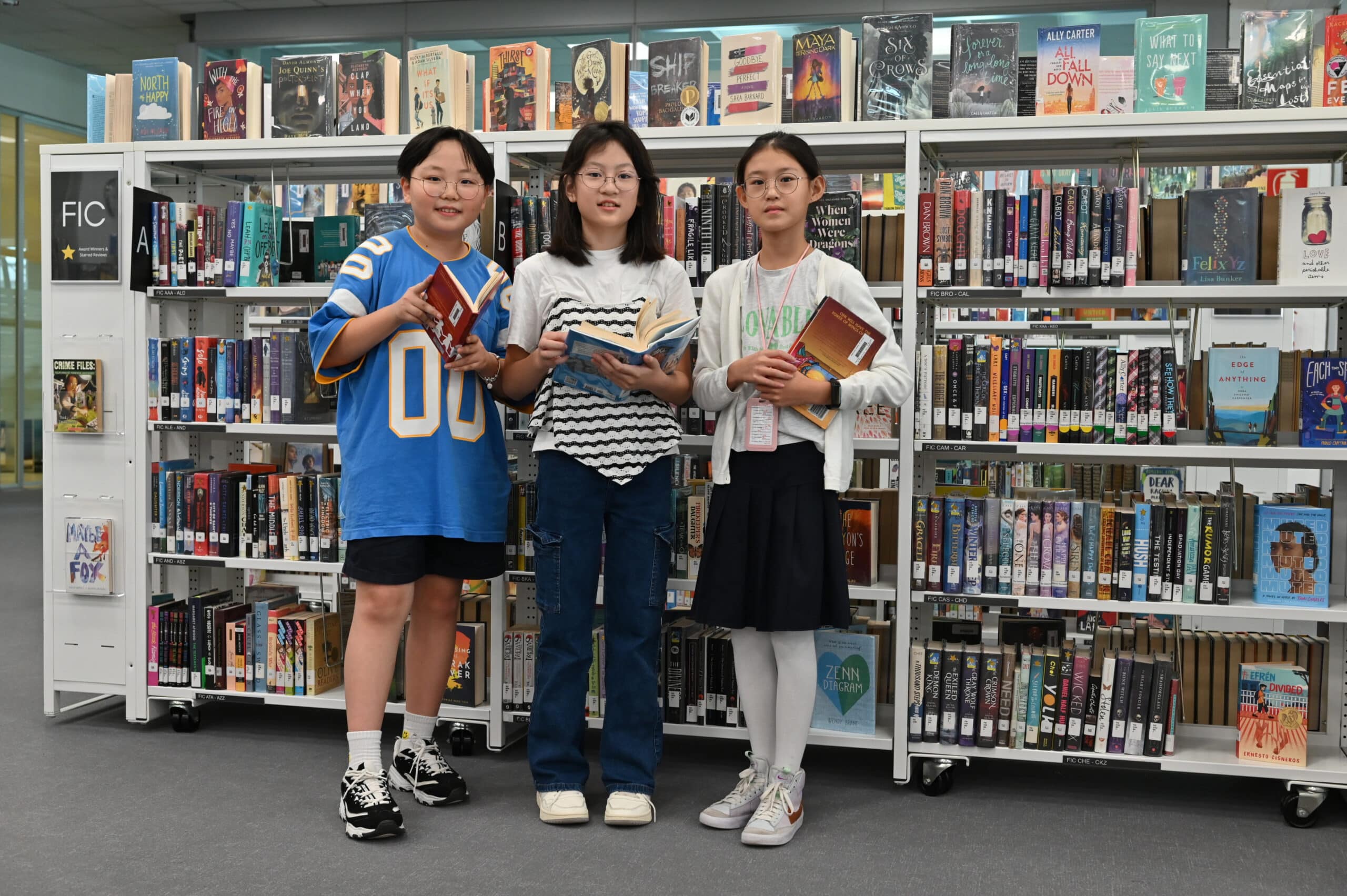Emotions affect learning. Therefore, we value a positive and respectful learning community where students feel connected to their teachers and peers.
Every child is unique and capable of academic, social and emotional growth. Therefore, we strive to meet students’ individual needs.
Without thinking, there can be no understanding. Therefore, we develop students’ ability to think strategically: asking questions, reasoning with evidence, considering others’ perspectives, uncovering complexity and forming conclusions.
The brain is wired for connections. Therefore, we use research based strategies that enhance memory, and encourage students to make connections to what they already know.
Autonomy, competence and social connection are critical for academic success and well-being. Therefore, teachers integrate opportunities for the development of lifelong learning dispositions across all subjects to develop students’ self-knowledge, self-management, scholarship, communication and collaboration skills.
Learning is active. Therefore, we encourage student centered, inquiry based learning promoting collaboration, problem solving, discussion, student questioning and peer feedback.
Learning is multifaceted. Therefore, time is dedicated for students to practice independently and in teams. We ask students to reflect on their learning and to apply new understanding to unfamiliar contexts.
